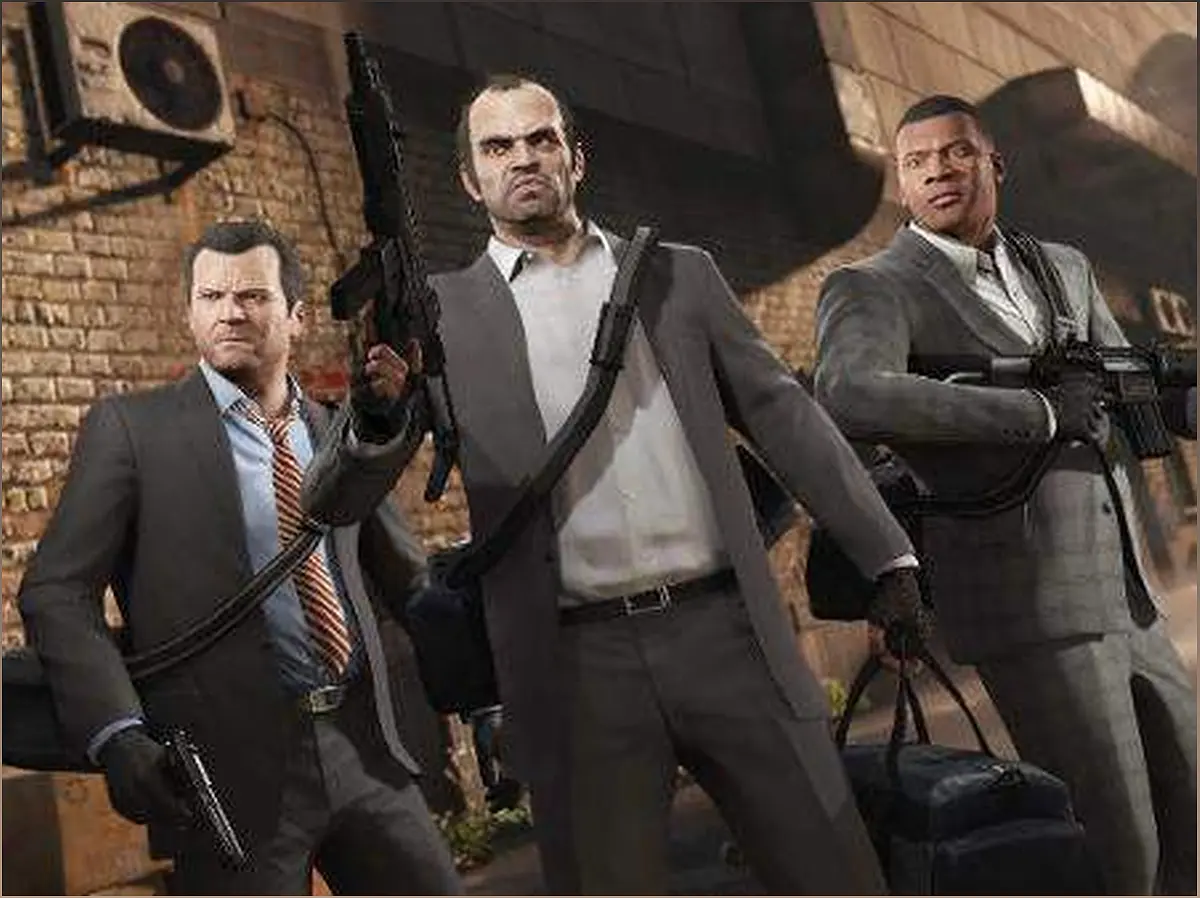The Brazilian gaming market is experiencing significant growth and consolidation, positioning itself as one of the top gaming markets globally. With over 100 million players and billions of dollars in revenue, the industry is thriving. However, the increasing complexity of game development and the need to balance pricing and consumer attraction pose challenges. In this article, we delve into the factors contributing to the growing complexity of the Brazilian gaming market and its implications for game development and pricing strategies.
The Growth of the Brazilian Gaming Market
Explore the rapid growth of the Brazilian gaming market and its position as a global player.
The Brazilian gaming market has experienced remarkable growth in recent years, solidifying its position as a major player in the global gaming industry. With over 100 million players and billions of dollars in revenue, Brazil has become the tenth largest gaming market in the world.
Driven by a passionate and dedicated gaming community, the market has seen a surge in popularity and engagement. The increasing availability of high-speed internet and affordable gaming devices has contributed to the accessibility and widespread adoption of gaming in Brazil.
As the market continues to expand, game developers and publishers are taking notice of the immense potential and are investing in the Brazilian gaming industry. This growth presents exciting opportunities for both local and international companies to tap into the thriving market.
The Complexity of Game Pricing
Examine the factors influencing game pricing and the challenges faced by developers in the Brazilian gaming market.
Game pricing is a complex issue that involves multiple factors. Developers must consider the expected benefit of entertainment, the number of hours of engagement, and the perceived value of game ownership. In the Brazilian gaming market, finding the right balance between pricing and attracting consumers is crucial.
While some argue that games should be more expensive considering the entertainment they provide and the time people spend playing them, others believe that charging based on time spent playing may not be easily implemented. Games not only compete with other games but also with social networks, streaming platforms, and other forms of entertainment.
The increasing complexity and cost of game production further complicate the pricing dilemma. Game development involves years of production, post-production, and marketing, with teams of thousands of people involved. Despite the rising market scale, game prices have remained relatively stable, which poses challenges for developers to sustain profitability.
The Future of Game Development in Brazil
Discover the challenges and opportunities for game development in Brazil and the potential impact on the gaming industry.
The future of game development in Brazil holds both challenges and opportunities. The increasing complexity and cost of game production make it difficult for developers to take risks and innovate constantly. This may result in a market dominated by established franchises and fewer opportunities for indie developers.
However, the growing Brazilian gaming market also presents exciting prospects for local talent and international collaborations. The demand for high-quality games is on the rise, creating opportunities for developers to showcase their creativity and cater to the diverse gaming preferences of Brazilian players.
Moreover, the rise of eSports and the integration of gaming into mainstream culture offer new avenues for game developers to explore. With the right support and investment, Brazil has the potential to become a global hub for game development and innovation.

